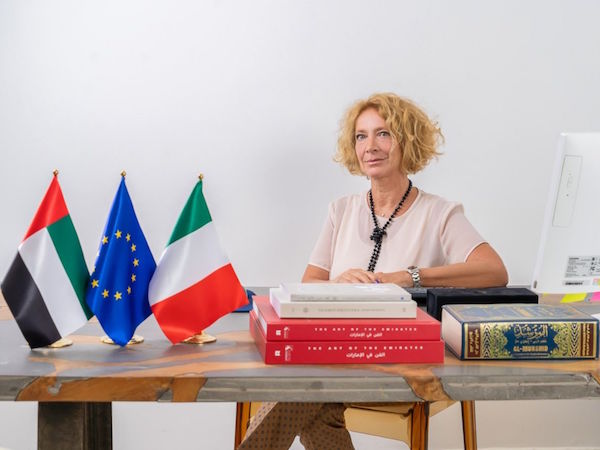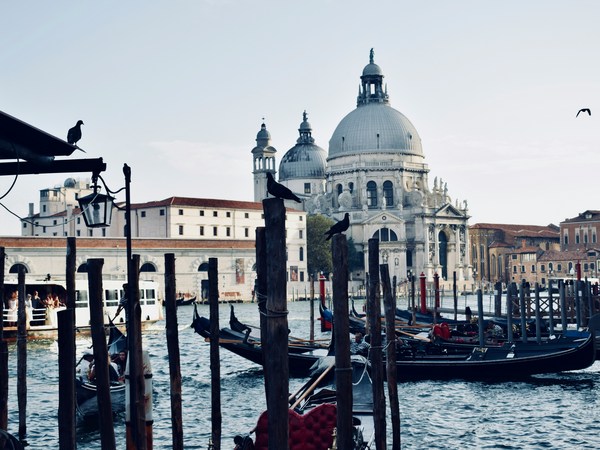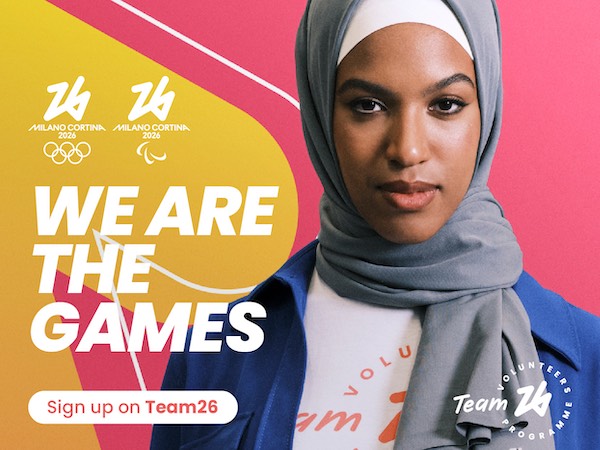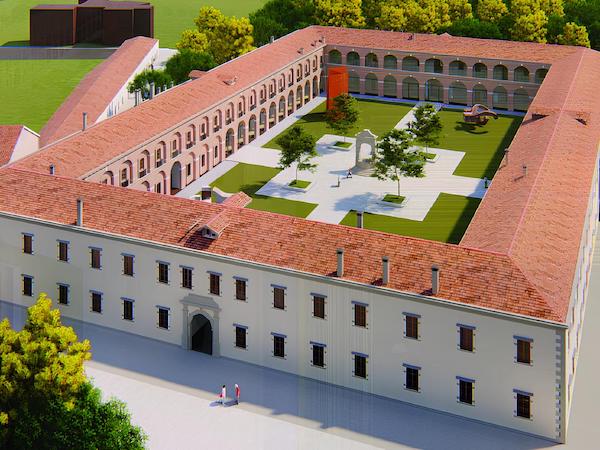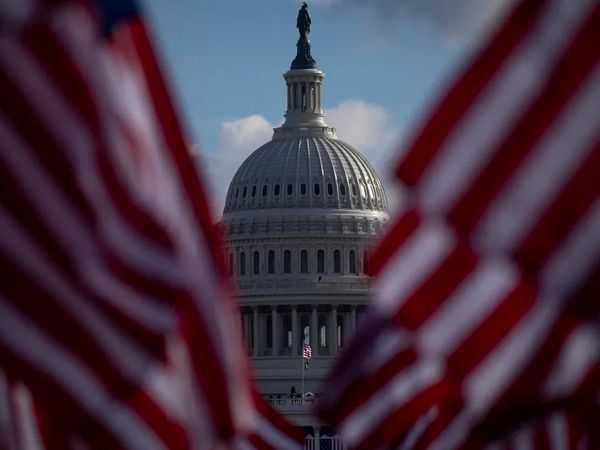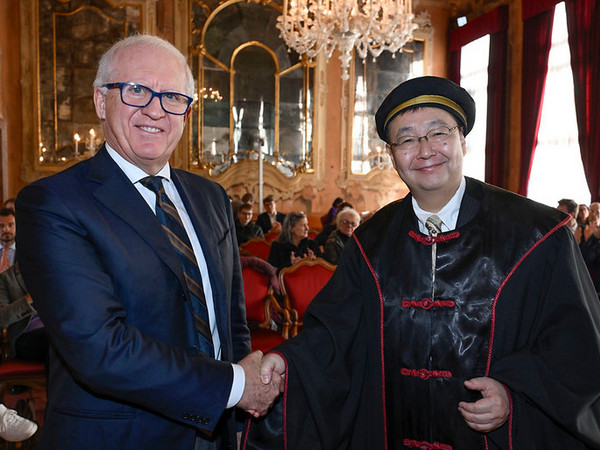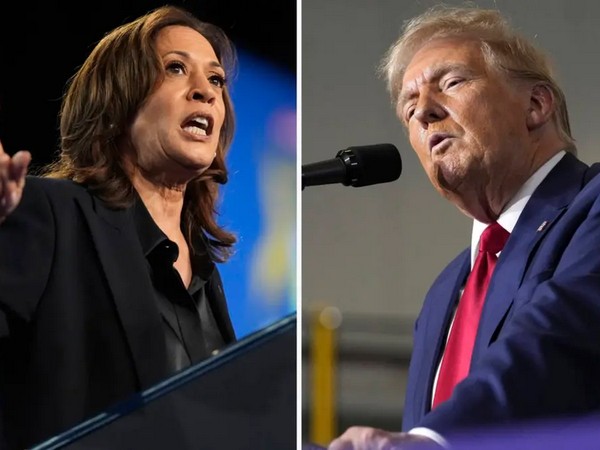Ida Zilio Grandi is the director of the newly founded Italian Cultural Institute in Abu Dhabi, inaugurated in October last year, and has recently returned to the Council for Relations with Islam, reconvened in November 2020.
What is the importance of the Council for Relations with Islam?
The Council is a advisory body appointed to investigate issues related to the integration and exercise of civil rights of Muslims in Italy. After a few years of silence, it was reconvened on 10 November by the Minister of the Interior Luciana Lamorgese, who appointed twelve experts including jurists, sociologists and Islamologists from the main Italian universities, coordinated by the political scientist Paolo Naso from La Sapienza University. Under the previous government, with Marco Minniti as minister, we had produced a National Pact with Italian Islam (2017) countersigned by the representatives of many Islamic associations, which was already an important step forward. We now hope to reach the objective of the Understanding (according to Article 8 of the Constitution), which would follow the formal agreements already existing with 12 other religious faiths. The first, in 1987, was with the Tavola Valdese and the last was with the Gakkai Buddhist Institute in 2016.
It is quite incredible that there is still no formal understanding with Islam, the second largest religion in the country with millions of followers. The reason for this delay is above all the fragmentation of the Islamic representation in Italy, which has made it difficult for the Republic to identify a representative interlocutor. But we are optimistic and confident of resolving this issue.
Personally, I make available my knowledge in the field of Islamic religious tradition and theology, and of Islamic-Christian relations throughout history. But I also bring my experience as a teacher with the Muslim students at Ca’ Foscari, who, I say in all frankness, have taught me a lot, not just about them.
How did you face this very unusual year at the Institute?
It has been a complicated year and, of all the ideas I had, I have only achieved a small part, moreover in virtual form, which I consider to be only half of a whole. However, we have managed to maintain our primary commitment, that is to present our culture, even in practical and technical terms, establishing continuous dialogue with Arab culture, especially that of the Emirates. This required us to set up here a close network of relationships, from the world of education and research to that of art, cinema and publishing, as far as the political institutions responsible for cultural diplomacy; we received a lot of support from the Embassy, with which we collaborate very well. Among other things, I am very happy with the series of 8 webinars, entitled 'Dialogues on Innovation. The pandemic, human civilization and the limits of technology', dedicated, to put it briefly, to what remains of "humanity", even as a sensory experience, with the combination of forced social distancing and the increasingly massive use of technology. With Italian, Emirati and guests from other Gulf countries, we discussed language and neologisms, live events, fashion, survival and well-being, e-Learning, books and libraries, conviviality and hospitality culture. And we dedicated the last meeting on 6 December to solitude, whether chosen or suffered, also calling into question the astronauts, our own Luca Parmitano and the first Emirati in space, Hazza’ AlMansoori. The series was opened by Ambassador Nicola Lener and Minister of Cultural Diplomacy Zaki Nusseibeh and closed by Marina Sereni, Deputy Foreign Minister assigned to the MENA area, and Hussain Al Hammadi, Minister of Education.
If I may add a more lateral matter, I have also devoted a lot of attention to the external appearance of the Institute to demonstrate the all-Italian sensitivity to harmony and beauty. It is no coincidence that the motto of our pavilion at EXPO Dubai is “Beauty connects people”. So, with the generous support of some Italian sponsors here, I sought to take care of the interior and exterior furnishings too.
More generally, how has the pandemic been managed in the Emirates?
It was handled promptly, with a very high number of swabs, also learning from the experience in Italy, as local spokesmen have repeatedly declared. Numerous expressions of sympathy and solidarity have been dedicated to Italy in this very dramatic period. Many, even strangers, asked me about my relatives as soon as they learned that I was Italian, and it was touching to see our flag almost everywhere, even on the large light panels of the major public buildings in Abu Dhabi and Dubai.
Here, too, we were in lockdown for several months, then we had a curfew at sunset, and even now it is quite difficult to return from abroad and even go from one Emirate to another. The remarkable thing is that people have rarely flouted the rules, and most of the few who did ended up in the media with their first name, last name and job.
Can you tell us what your year was like there?
It has been a year of challenges and surprises. One of the challenges was starting over, in a job completely different from my academic career and much more “in the field”, so to speak. And also setting up an Institute of Culture that had never existed before, and advertising it amidst the Covid restrictions. In terms of surprises, I really don't know where to start: perhaps the greatest was getting to know from the inside an Islamic country that has not at all renounced tradition and yet participates firmly and effectively in the contemporary world, from the necessary openness towards peoples and religions as far as space research.





